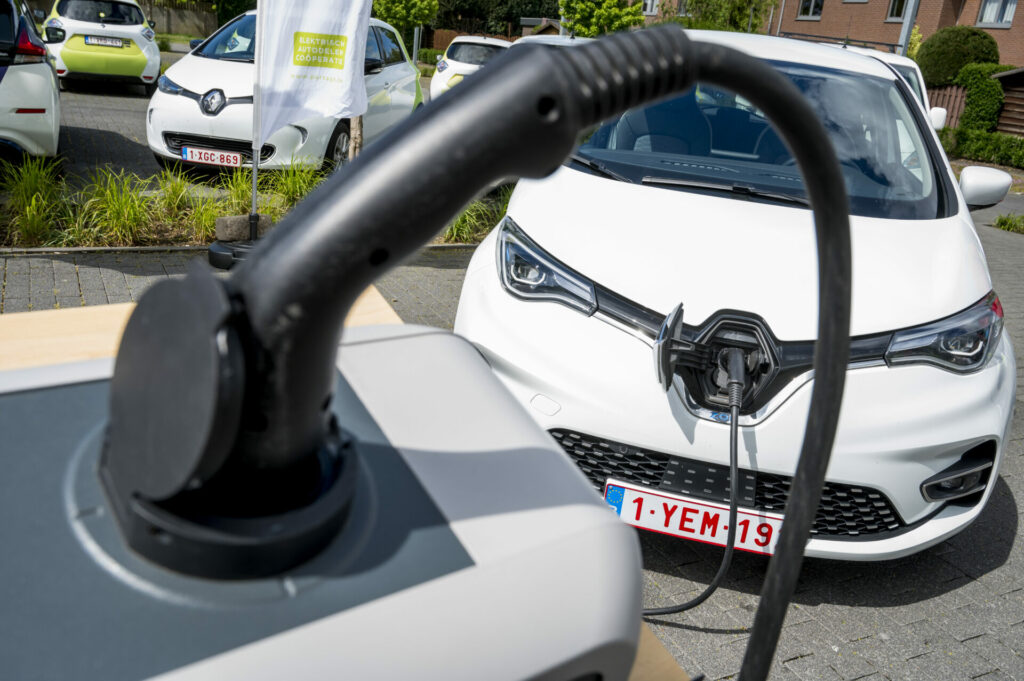Almost 50% of all EU electric car charging stations are concentrated in two countries — the Netherlands and Germany, according to a new data analysis by European Automobile Manufacturers’ Association (ACEA).
The Netherlands holds the most with 90,284 chargers, which is more than 23 Member States combined, despite making up only 0.8% of EU surface area. Germany accounts for 8.7% of EU surface area and has 59,410 charging stations.
Belgium came in sixth place, with 13,695 charging stations – 4.5% of all those in the EU. The country with the largest surface area, France, came in third with 37,128 charging stations, 12.1% of the total.
There is a clear gap in the distribution of the infrastructure between Western and Eastern Europe. For example, Romania is six times the size of the Netherlands and has just 0.4% of all EU charging stations.
“While some countries are powering ahead when it comes to infrastructure rollout, the majority are lagging behind,” ACEA Director General, Eric-Mark Huitema, said in the press release.
Related News
- 2021 a disappointing year for renewable energy
- Car manufacturers pre-empt fossil fuel ban by switching to electric
- End of an era: Petrol and diesel cars banned in EU from 2035
ACEA points out that though the number of charging stations has been rising for the past five years, it still has a long way to go to reach carbon emission goals. Up to 6.8 million public charging points would be required by 2030 to reach the proposed 55% CO2 reduction for cars. Currently, there are 307,000 charging stations in total: 22 times less than that goal.
This becomes a growing concern with the recent approval by the European Parliament of the petrol and diesel car ban by 2035. Though this has not yet been approved by the European Council, it is likely to be introduced.

